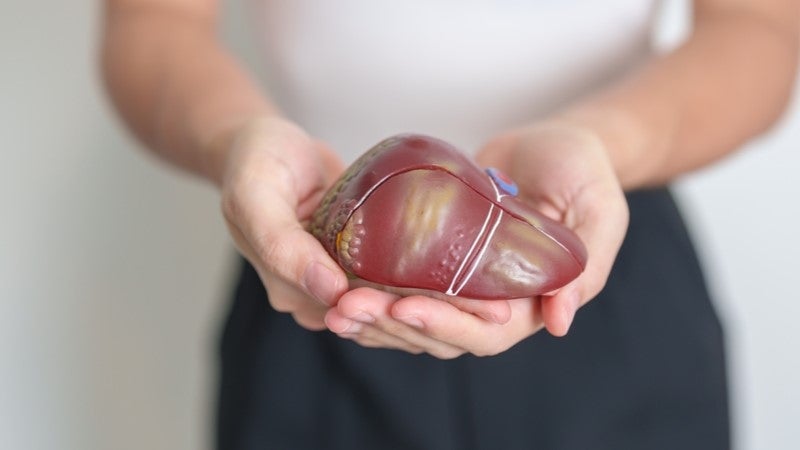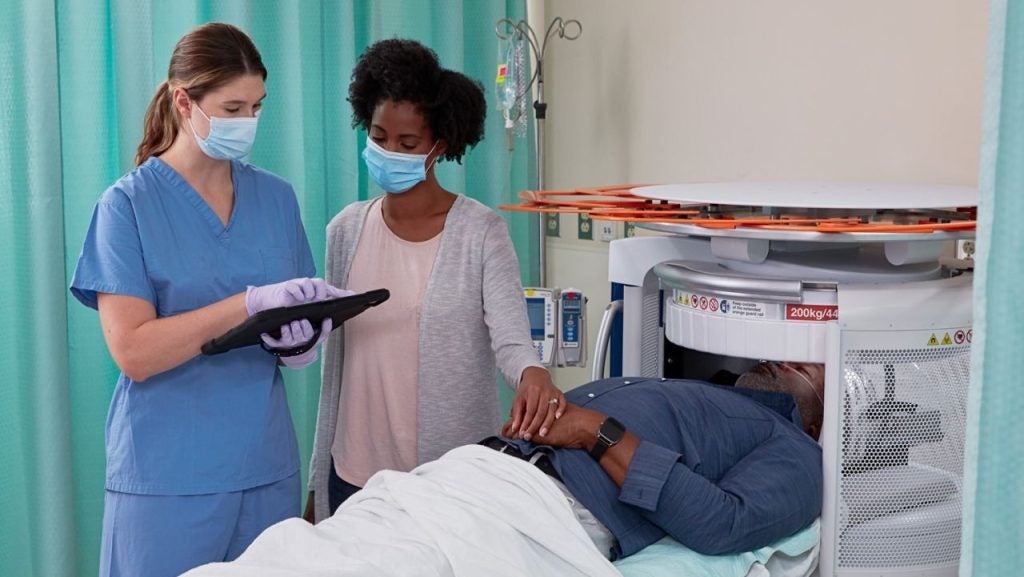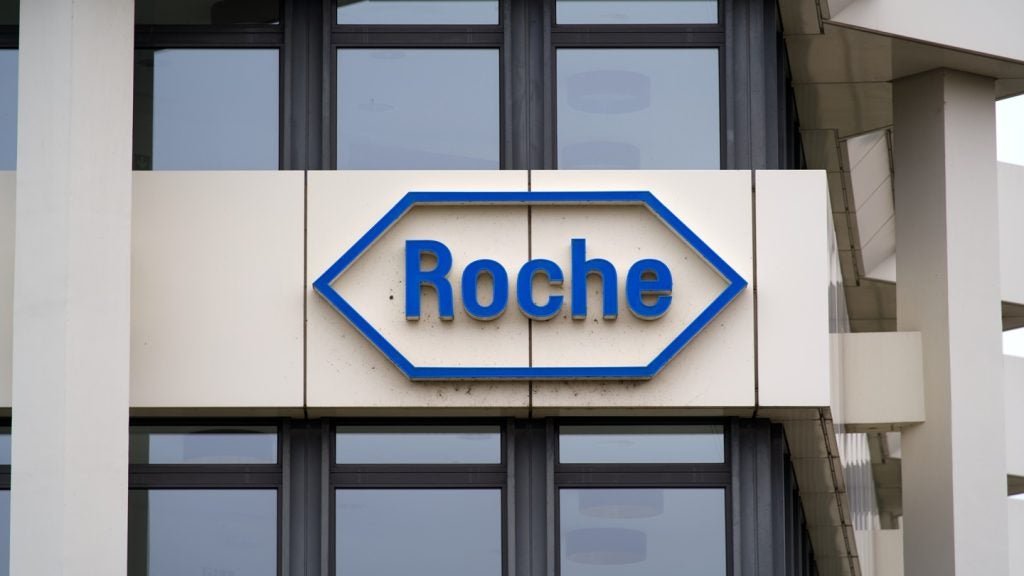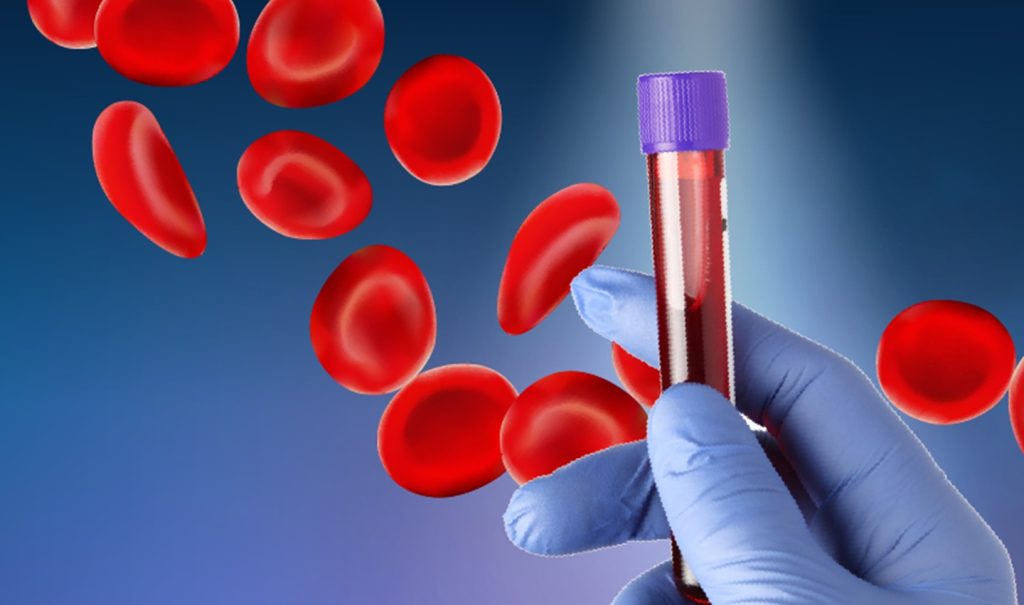US-based neurovascular intervention firm Route 92 Medical has secured $50m as part of a Series F financing round aimed at supporting the global commercialisation of its FreeClimb and Tenzing devices.
The company confirmed that the $50m came as part of an extension to its previously announced oversubscribed Series F financing. This brings the total raised to $82m, with investment from groups such as Novo Holdings adding to the pot alongside returning investors US Venture Partners, Norwest Venture Partners, InnovaHealth Partners, and The Vertical Group.
Now, the company says that the funds will be used to accelerate the global rollout of the Tenzing delivery catheter, which is designed to be a complete system to improve the efficiency of endovascular thrombectomy procedures, enabling clinicians to quickly restore blood flow to a patient’s brain following acute ischaemic stroke, one of the more common forms of stroke.
Route 92 Medical CEO and founder Tony Chou said: “Our company is focused on improving outcomes for patients suffering from acute ischaemic stroke, and we are continuing to build our industry-leading commercial and support teams to bring our Tenzing, FreeClimb, HiPoint, and Monopoint products to the market.
“Novo Holdings’ investment validates our clinical and commercial performance and will help us better serve patients and our interventionalist customers.”
In April 2023, the company received 510(k) approval from the US Food and Drug Administration (FDA) for its FreeClimb 70 Reperfusion System. At the same time, Route 92 has completed enrollment for its SUMMIT MAX clinical trial, designed to evaluate the safety and effectiveness of the upcoming HiPoint 88 and HiPoint 70 reperfusion catheters, designed as part of the company’s new Monopoint reperfusion system.
Route 92 is entering a competitive market. A market model produced by GlobalData found that Medtronic owns the biggest market share of neurovascular thrombectomy devices, with a 30.3% stake. Stryker owns 20.4%, followed by Johnson & Johnson and Terumo. The estimated market value for neurovascular devices was $788m in 2022 and is expected to grow to $1.9bn by 2033.















